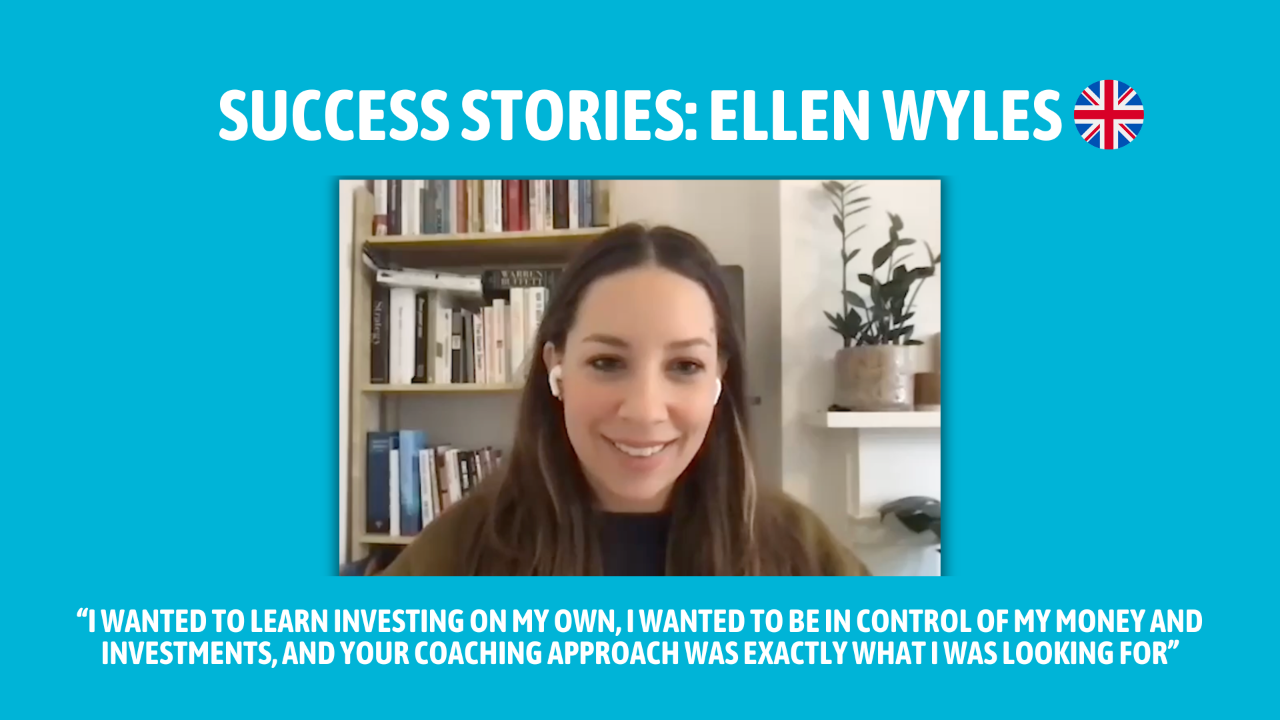
Do You Know What Happens if Your Broker Goes Bankrupt?
Oct 26, 2025Hello Stoic Investors,
Last week, we explored what it means to be a true stoic investor, and among the qualities we discussed is being responsible for our future.
This also includes trying to prepare as best as we can for what might happen, especially the things that could go wrong.
And among the various challenges an investor might face, one of the less pleasant — and certainly annoying — possibilities is a broker going bankrupt.
A broker is simply the platform or firm that allows you to buy, sell, and hold your investments, and is therefore an essential tool for investing.
This is one of the questions I get asked most often by my students, so let’s take a closer look at what happens to your cash and your investments, and what you can do to be best prepared if it ever happens:
What happens to your cash?
If your broker were to go bankrupt, your cash wouldn’t simply disappear.
In the UK, money held with a regulated broker is usually protected by the Financial Services Compensation Scheme (FSCS), which covers up to £85,000 per person, per firm.
That means if your broker can’t return your money, the FSCS can step in and refund you up to that limit.
Anything above £85,000, however, may not be covered — so it’s wise not to hold large cash balances in one place.
Keep only what you need for your next investment, and let the rest work for you elsewhere.
What happens to your investments?
Your investments are treated differently from cash — and that’s a good thing.
When you buy stocks, ETFs, or bonds, your broker holds them on your behalf, but they remain legally yours.
If your broker goes bankrupt, your investments should still be safe.
They’re kept separate from the broker’s own money, so creditors can’t touch them.
In most cases, you’d simply transfer your portfolio to another platform once things are sorted out.
It might take some time, but you wouldn’t lose your holdings — they’re your property, not the broker’s.
How to protect your money
Even though your investments and cash are generally protected if your broker goes bankrupt, dealing with a bankruptcy — having to transfer your money and set up everything with another broker — is still a real hassle.
The best approach is to think ahead and take simple steps to reduce what could go wrong before it happens.
You can do this by following these two steps:
1. Pick a solid broker in the first place
There are three key qualities a broker must have to be considered truly “solid”.
First, your broker has to be safe.
Make sure it is authorised by the FCA, which means it follows strict rules to protect your cash and investments.
You can check the FCA Register online to see if the broker is properly regulated and whether it has had any problems in the past.
Then, it should be easy to use.
Investing can feel complicated when you're just starting out, so your broker's platform should make things simpler, not harder.
Since you'll be managing significant amounts of money over time, it’s important that the platform is intuitive and user-friendly.
Next, it should be cheap — but not free.
Fees can eat into your returns, so look for transparent and reasonable pricing.
Brokers usually charge in one or more of these ways:
- Subscription fees: a fixed monthly cost
- Per-trade fees: charges for every buy or sell transaction
- Asset-based fees: a percentage of your total investments, deducted yearly
But be cautious of brokers that advertise as “free”.
These brokers often make money in less obvious ways, like selling your trading data or adding hidden costs.
A good broker is upfront about their fees, so you know exactly what you're paying for.
You can also compare brokers to see which one fits your needs.
A site like BrokerChooser lets you check features, fees, and reliability across UK brokers, making it easier to find the right platform for you.
Plus, I can tell you from what our UK‑based students have shared: InvestEngine is often mentioned as a solid, easy-to-use option that helps people manage their investments without stress.
2. Don’t keep too much cash in your account
Even though your cash is protected up to £85,000 by the FSCS, it’s still not a good idea to leave large amounts sitting in your broker account.
Money that just sits there isn’t working for you, and anything above the protection limit could be at risk if something goes wrong.
A simple approach is to invest your money instead of holding large cash amounts to ensure that all your cash falls within the protected limits.
That way, your cash is both safer and more productive.
Hearing “your broker has gone bankrupt” might sound overwhelming and catastrophic at first.
But as you’ve seen, it only takes a little understanding to know what it really means and the simple steps you can take to protect yourself as much as possible.
With a bit of preparation and the right approach, you can face the situation without panic and keep your cash and investments safe!
So, note down these 3 things to be prepared in case your broker goes bankrupt:
1. Your cash is protected up to £85,000: but don’t keep too much cash in your account;
2. Investments are generally safe: stocks, ETFs, and bonds are held separately and cannot be used by the broker;
3. Prevent problems as much as possible by choosing a solid broker: one that is safe, easy to use, and affordable.




